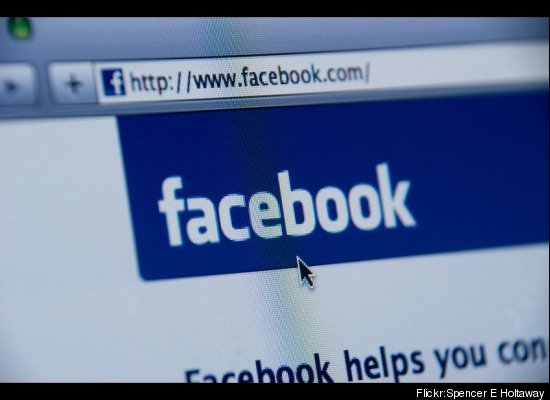

Unsettling new scientific evidence has revealed a bizarre wrinkle in the space-time continuum, wherein users of Facebook inexplicably go through seventeen days for every hour they spend on the site. With these remarkable new findings, scientists say they have conclusive proof that the social networking giant is, indeed, the world's biggest time-suck.
"These results are mind-blowing," said Uppsala Institute of Physics researcher Anders Magnusson. "Our test subjects often reported feeling as if a couple of weeks or more had gone by, only moments after deciding to abandon their responsibilities and piss away their productivity on Facebook. Now we know this peculiar sensation of lost time has a basis in scientific fact."
The research, though troubling, is already providing a source of comfort to millions of Facebook users who have long felt that something was not right about the amount of hours they devote to posting, friending and poking. "I would be, like, 'wait, didn't I just sit down to update my profile pic?' and then I'm like, 'holy crap, it's dark outside,'" said Chicago Facebook user Jeffrey Morgan Christner, whose dismay is representative of almost everyone interviewed for this report.
What could account for this phenomenon, which so clearly defies the principles of physics? "You're dealing with an Internet tool that has already surpassed 500 million users," says Anders Magnusson, "and all of those users are experiencing the creeping sensation that they are wasting their freaking time. This collective anxiety alone could account for the space-time continuum simply folding in on itself."
The supernatural sensation of days passing in only an hour does not seem to occur on other popular social networking platforms, such as Twitter. Some say this is because, unlike Facebook, Twitter requires users to dig deeper for @ mentions and does not provide constant pop-up notifications regarding who has added likes or comments to one's posts; a feature which creates a mania in the user to compulsively await some small response from a Facebook friend -- a response that may, however feebly, acknowledge, validate or even expand upon the user's witty observation/political rant/link to an 80's song on YouTube.
Facebook founder Mark Zuckerberg was startled by the news, but, according to a spokesperson, was ultimately overjoyed. "On the Internet, it's all about getting eyeballs on those advertisements," said the spokesperson. "And now that we know we are getting seventeen days for every hour's worth of eyeballs on those weird-ass ads for mortgage refinancing, you know the ones with the pictures of old men and guys with beards that have nothing to do with the product they are selling? That's just a boon and a half."
The question remaining is whether or not there are options for those who would like to avoid the unnerving loss of time that has become attached to their Facebook experience.
"Well, they could always go to MySpace," offers Magnusson, "I think you actually pick up some time over there."
James Napoli is an author and humorist. More of his original content for the Web can be found here.